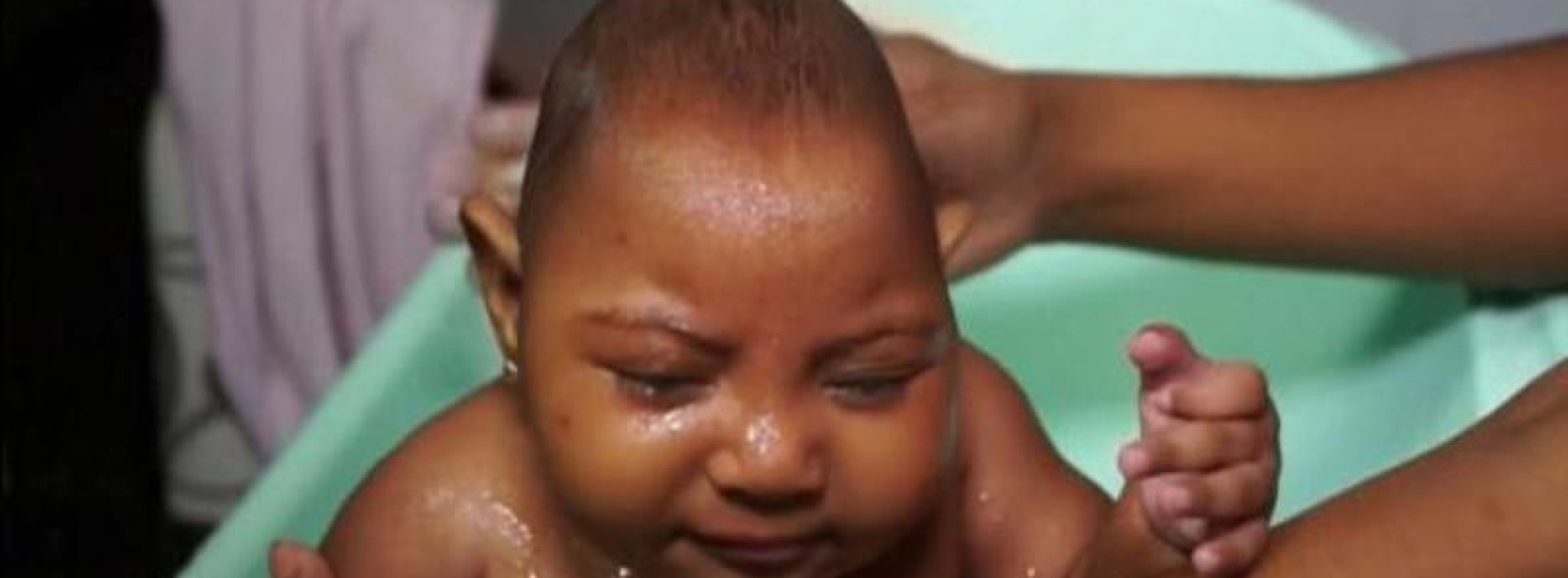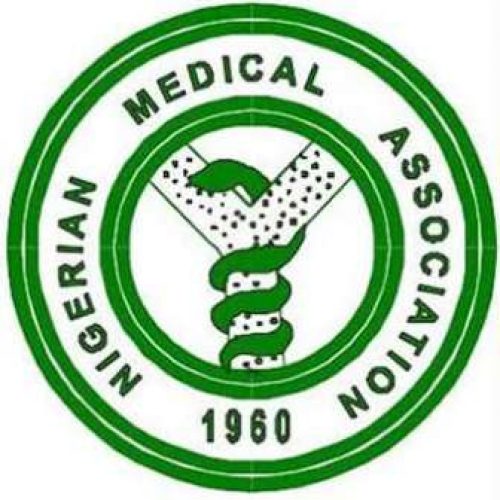Zika virus hits Africa
Just few months after containing the dreaded Ebola virus disease, the World Health Organization, WHO, has announced the presence of another rampaging virus, Zika, on the continent.
In a statement last Friday, WHO informed that Zika virus had been raging in Cape Verde, located in West Africa, where Ebola virus disease had killed over 11,000 people and destroyed health systems of Liberia, Sierra-Leone and Guinea that were mainly affected, within two years.
WHO proclaimed that the strain of Zika in Cape Verde is the same as the one circulating in the Americas, Asian and the Caribbean.
The presence of Zika virus in Africa validates earlier fears that the disease might return to a region where it was first discovered in 1947 – in Uganda.
The disease is caused by the Zika virus, which is spread to people primarily through the bite of an infected Aedes species mosquito. Should the disease spread in Africa, as it has done in other regions, the continent may face huge crisis, given the large population of mosquitoes, among which are aedes species.
Among others, Zika virus transmission results in congenital malformations, such as microcephaly, as well as Guillain-Barré syndrome.
This is the first time that the Zika strain, responsible for the outbreaks linked to neurological disorders and microcephaly, has been detected in Africa, WHO noted.
According to the organization, as of May 8 this year, there had been 7,557 suspected cases of Zika in Cape Verde, while three cases of microcephaly had been reported from the country with one case reported by the U.S. Centers for Disease Control and Prevention (CDC), after being delivered in the United States.
WHO Regional Director for Africa, Dr Matshidiso Moeti, said the findings were of concern, as it is further proof that the outbreak is spreading beyond South America and is on the doorstep of Africa.
She added that WHO’s message would help countries on the continent to re-evaluate their level of risk, adapt and increase their levels of preparedness against the disease.
The organization appealed to countries on the continent to heighten risk communication to pregnant women to raise awareness of complications associated with the Asian type of Zika virus and promote protection steps to avoid mosquito bites as well as sexual transmission.
“In addition, countries should increase their surveillance for Zika transmission and congenital malformations, such as microcephaly, as well as Guillain-Barré syndrome.
“Activated since February 2016, WHO Zika Virus Disease Incident Management System in Brazzaville and at Headquarters will continue to review existing risk assessments, increase surveillance, and assess laboratory testing capacity and support community engagement and risk communications in priority countries. In addition, WHO and its partners will support the countries in the African region to step up preparedness efforts for early detection, confirmation and management of potential complications related to Zika infection. The response will build on investments in strengthened systems made in West Africa during the Ebola emergency,” the agency stressed.
Before 2007, at least 14 cases of Zika had been documented, although other cases were likely to have occurred and were not reported. Because the symptoms of Zika are similar to those of many other diseases, many cases may not have been recognized, according to the US Centre for Disease Control and Prevention.
The agency added:” In May 2015, the Pan American Health Organization (PAHO) issued an alert regarding the first confirmed Zika virus infection in Brazil. On February 1, 2016, the World Health Organization (WHO) declared Zika virus a Public Health Emergency of International Concern (PHEIC). Local transmission has been reported in many other countries and territories. Zika virus will likely continue to spread to new areas.”








0 Comments
No Comments Yet!
You can be first to comment this post!